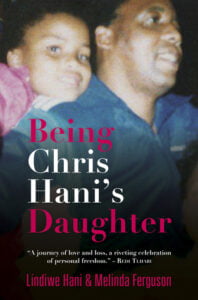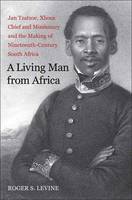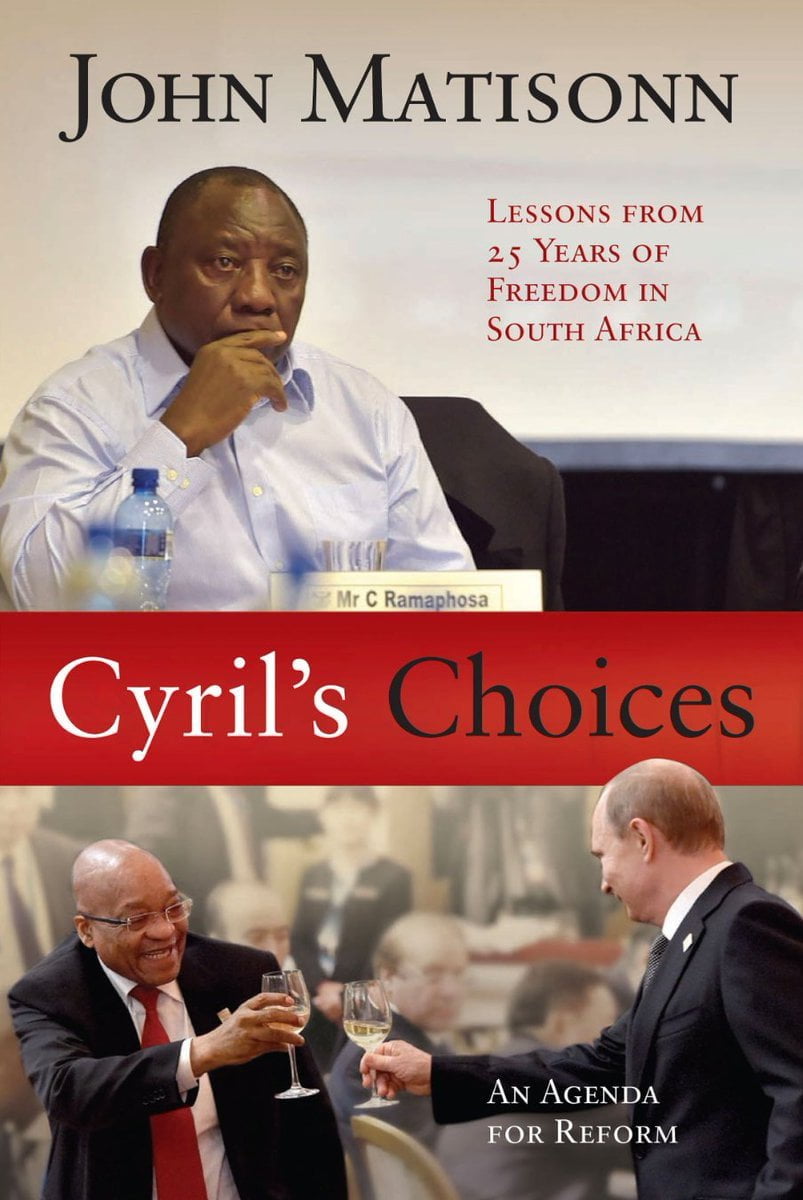Showing 1–16 of 28 results
-

R330In 20 Battles, military historians Evert Kleynhans and David Brock Katz investigate how South Africa’s way of war evolved over a 100-year period. They track the evolution of the doctrine and structure of the South African defence forces, rediscovering historical continuity, if any, and the lessons learned in past battles and operations such as Otavifontein, Delville Wood, Southern Ethiopia, Tobruk, Chiusi, Savannah, Cassinga, Cuito Cuanavale and Boleas.
-

R250When Chris Hani was assassinated in his driveway in April 1993, he left a shocked and grieving South Africa, teetering on the precipice of civil war. But to 12-year-old Lindiwe Hani, it was the love of her life, her daddy, who had been brutally ripped from her world. While the nation continued to revere her father’s legacy, for Lindiwe, being Chris Hani’s daughter became an increasingly heavy burden to bear, propelling her into a downward spiral of cocaine and alcohol addiction in a desperate attempt to avoid the pain of his brutal parting.
-

R300In 2013 the world mourned the passing of Nelson Rolihlahla Mandela, one of its most revered champions of human rights. Mandela provided a moral compass for how we treat each other, how we lead our own lives, and how we need to continue to strive for a just, fair, nonracial, and democratic society. Artists around the world have long made quilts in tribute to Mandela and in support of and advocacy for the principles to which he was devoted. But it is for South Africans and African Americans that making quilts in tribute to Mandela has had special meaning. Conscience of the Human Spirit, which accompanies an exhibition by the same name, features quilts made after Mandela’s death?diverse and powerful pieces reflect the ways in which this remarkable man touched individual lives, changed a nation, and served as the conscience of the human spirit for individuals around the world.
This book is a collaborative project of the Michigan State University Museum, Women of Color Quilters Network, and South African quilt artists.
-

R300This book is an important account and history of one of the oldest tribes in Southern Africa. A tribe that has been credited for giving the rise to great Kings such as Kgosi Mogopa, Sechele of Bakwena in Botswana and Moshoeshoe of the Bakwena in Lesotho.
-
 Out of stock
Out of stock
R175On June 16, 1976, Hector Pieterson, an ordinary boy, lost his life after getting caught up in what was supposed to be a peaceful protest.
-

R175On June 16, 1976, Hector Pieterson, an ordinary boy, lost his life after getting caught up in what was supposed to be a peaceful protest.
-

R310Nelson Mandela is one of the most inspiring and iconic figures of our age. Now, after a lifetime of taking pen to paper to record thoughts and events, hardships and victories, he has opened his personal archive, which offers an unprecedented insight into his remarkable life.
-

R90The media as the medium. The medium is the message. These two propositions—the second from Marshall McLuhan—define the principal axes on which South African artist Siemon Allen (born 1971, Durban, South Africa) articulates his archivally-driven yet self-reflexive practice.
-
 Out of stock
Out of stock
R1210South Africa: the art of a nation explores the history of South Africa through a selection of its artworks, playing particular attention not only to their relationship to one another, but also to their connections to key episodes in the nation’s evolution.
-

R200A sweeping historical adventure, The Cape Raider is the tale of a broken hero who has to find himself despite the trauma of war, a domineering father and the death of his mother during the Blitz. He must adapt to a new country, a new navy and new love, and finally he must come face to face with the Nazi raider in a fight to the death in the icy seas off the southernmost tip of Africa.
-

R300The Thabo Mbeki I Know is a collection that celebrates one of South Africa’s most exceptional thought leaders. The contributors include those who first got to know Thabo Mbeki as a young man, in South Africa and in exile, and those who encountered him as a statesman and worked alongside him as an African leader.
-

R130Worlds in one country is a compact, inclusive history of writing in South Africa from the nineteenth century to 1994 that crosses boundaries of language and colour, including prose, poetry and theatre.
-

R295Born into a Xhosa royal family around 1792 in South Africa, Jan Tzatzoe was destined to live in an era of profound change—one that witnessed the arrival and entrenchment of European colonialism. As a missionary, chief, and cultural intermediary on the eastern Cape frontier and in Cape Town and a traveler in Great Britain, Tzatzoe…
-
 Out of stock
Out of stock
R140And They Didn’t Die dramatises the heroism of Jezile, a young rural woman. Her story also depicts the emergence of collective resistance by rural women in South Africa of the 1950s and 60s.
-

R700100 years of the JAG building and its evolution of space and meaning: Setting out to tell the story of a building that has stood for a hundred years is a complex undertaking, as ultimately that narrative does not exist in the singular.
-

R290President Cyril Ramaphosa, Nelson Mandela’s preferred successor, faces new problems and new choices since he won his own electoral mandate in May 2019. In the next five years, South Africa will be changed radically by the climate crisis, the Fourth Industrial Revolution, economic stagnation and political unrest among some of its southern African neighbours, and the rising African influence of Russia and China while the West is distracted by the insurgent populism of US President Donald Trump and Brexit.















